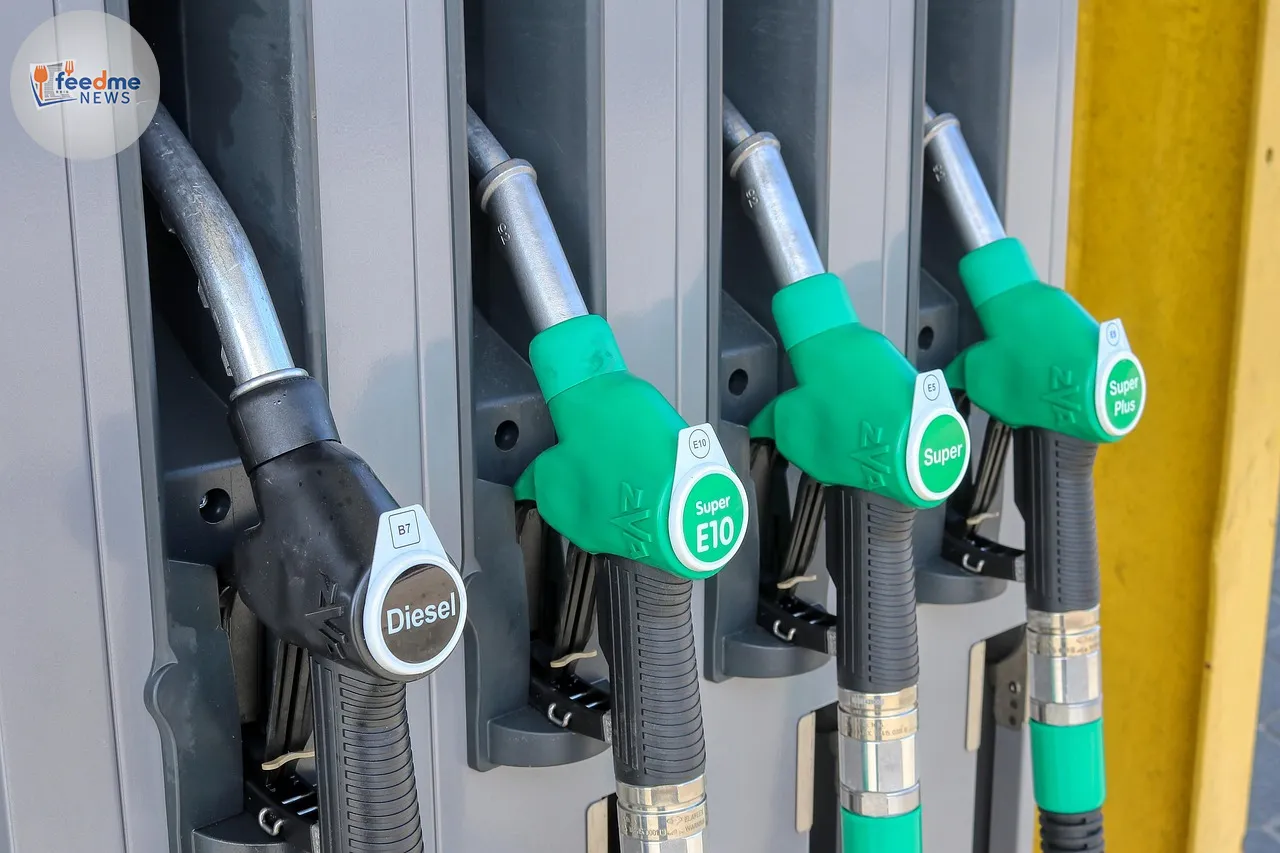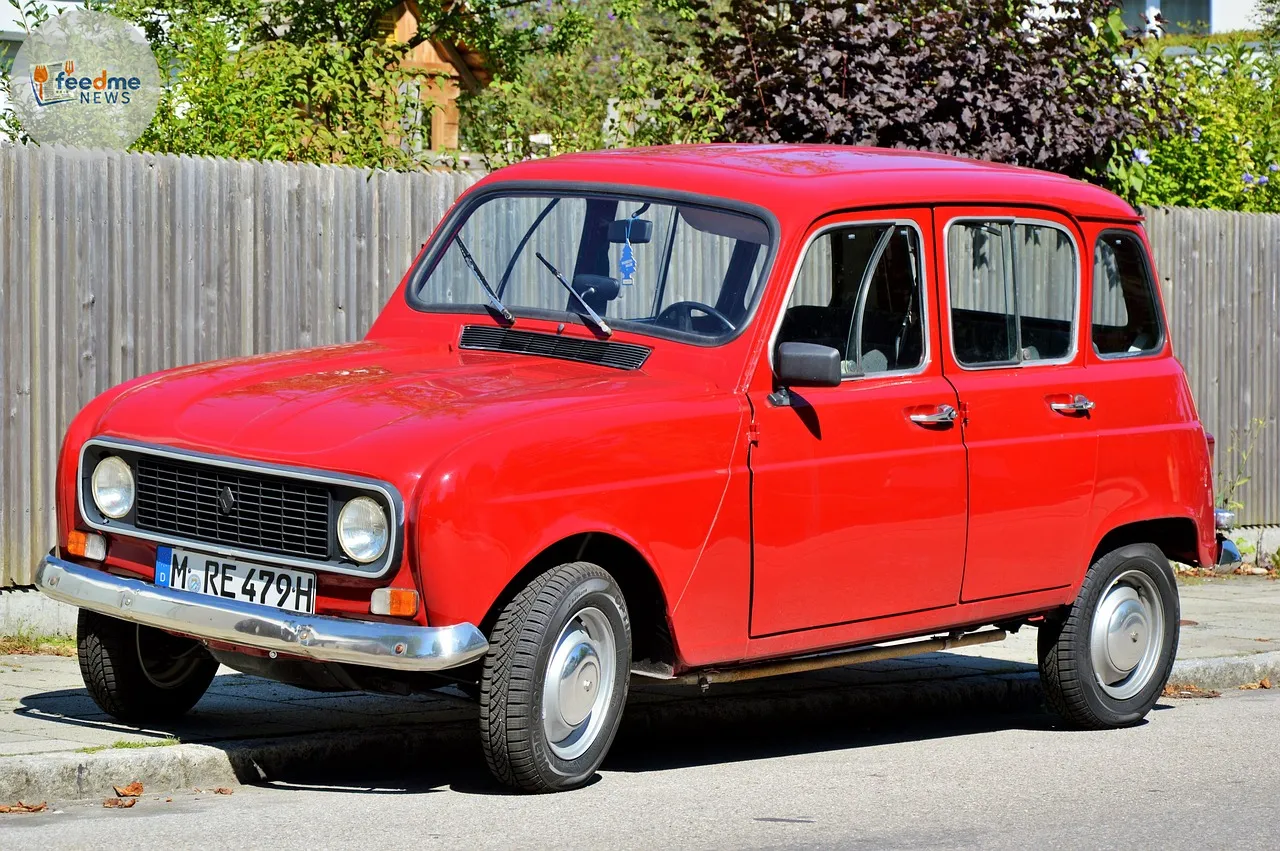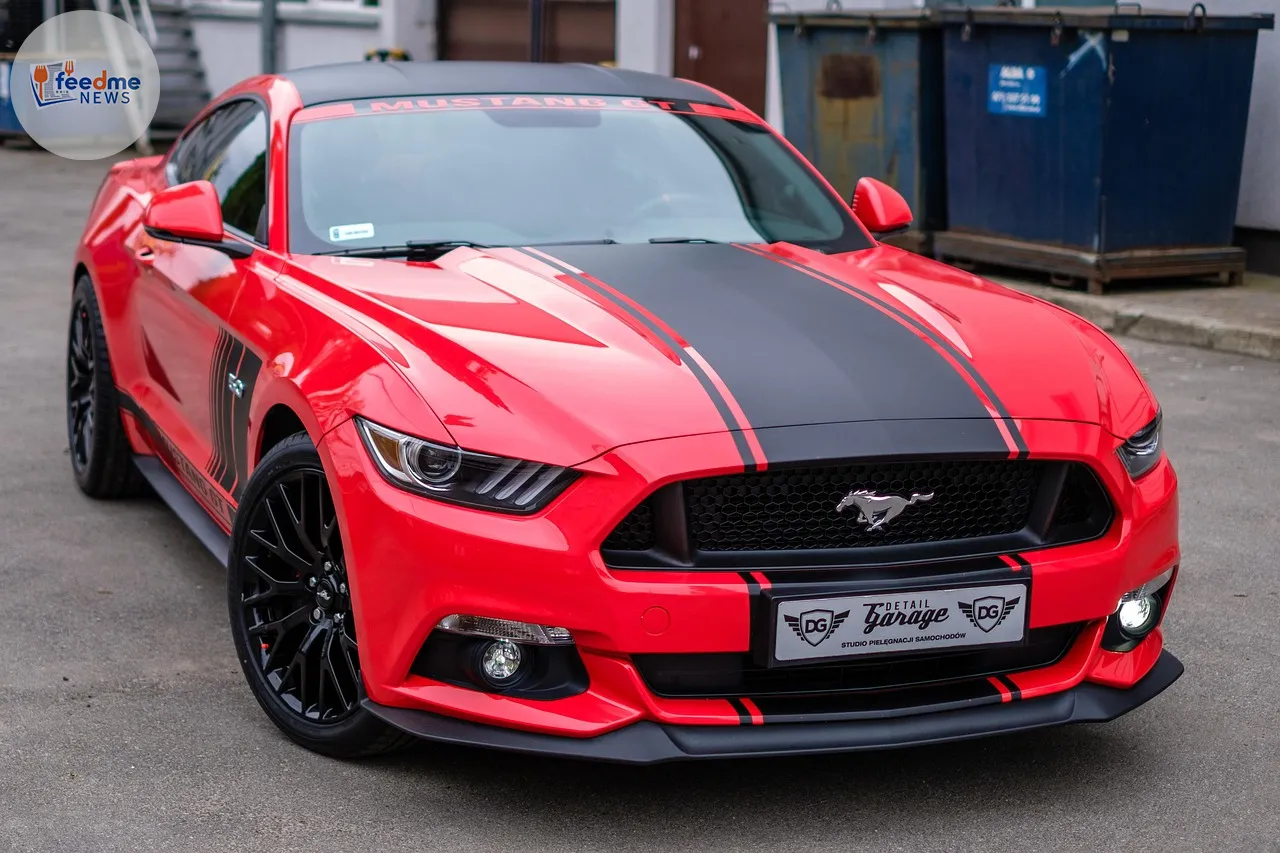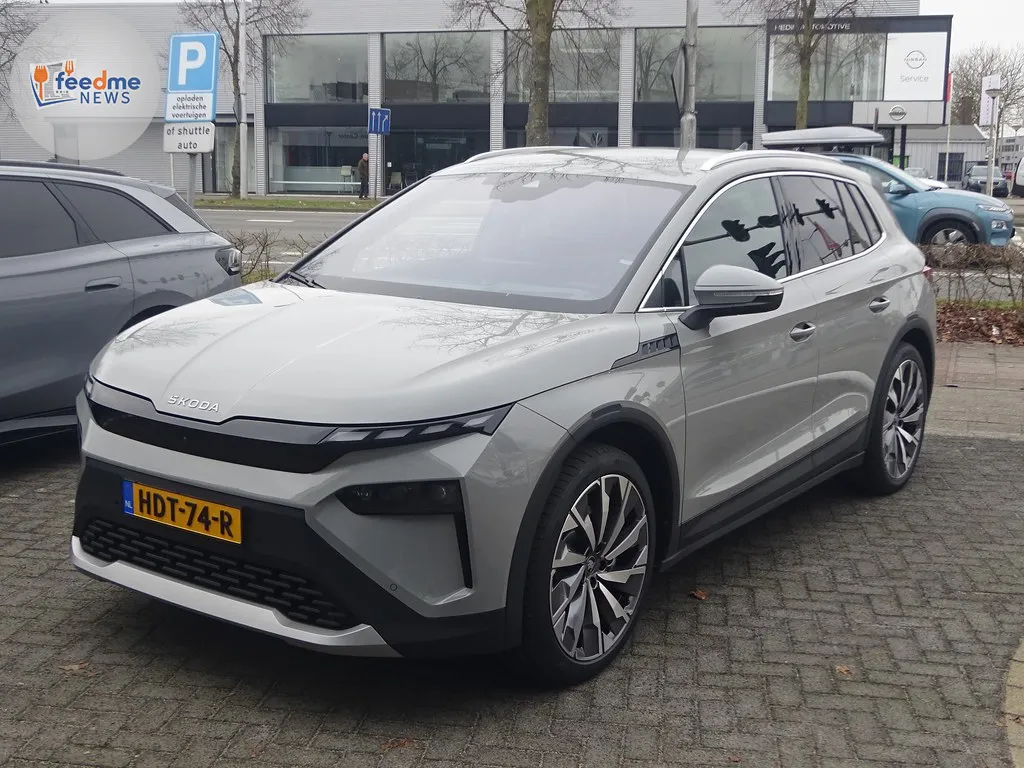Lead:
A major diesel emissions case has reached the High Court in London, with Ford, Citroën, Peugeot, Mercedes-Benz, Nissan and Renault accused of cheating pollution tests. Claimants say the manufacturers used unlawful “defeat devices” in diesel cars to pass laboratory checks while emitting higher levels of nitrogen oxides (NOx) on the road. The companies deny wrongdoing and say their vehicles complied with the rules in place at the time. The trial revives the shadow of Dieselgate a decade after regulators exposed similar practices at Volkswagen, which affected millions of cars worldwide. Thousands of UK motorists have joined the litigation, seeking compensation for alleged misrepresentation and loss of value. The case will test how far the court believes the technology and approvals system allowed manufacturers to balance emissions control with real-world performance.
Context and timing:
The trial opened in the High Court in London in October 2025. It brings together group claims filed in England and Wales against Ford, Citroën and Peugeot (brands now part of Stellantis), Mercedes-Benz, Nissan and Renault. The court will hear evidence over the coming weeks from engineers, emissions experts and regulatory specialists.

What the claimants allege and why it matters
Claimants argue the carmakers installed software or strategies that altered how emissions control systems worked under test conditions. They say the vehicles recognised lab test cycles and temporarily reduced NOx emissions, only to emit far higher levels during normal driving. NOx contributes to air pollution and can worsen respiratory and cardiovascular illness. The European Union introduced strict limits for diesel cars under Euro 5 and Euro 6 rules, cutting the legal NOx limit from 180 mg/km (Euro 5) to 80 mg/km (Euro 6). The claimants say the vehicles did not meet those standards on the road.
The case builds on lessons from Dieselgate. In 2015, US regulators found that Volkswagen used defeat devices to pass tests. Volkswagen later acknowledged that about 11 million vehicles worldwide contained such software. In the UK, Volkswagen agreed in 2022 to pay £193 million to settle claims by around 91,000 drivers, without admitting liability. The current High Court trial tests whether similar allegations stand up across other brands and technologies, many of which used different engines and emissions control systems.
How group litigation works and who is involved
The court consolidated thousands of claims so judges can manage common issues together. Group litigation lets motorists present shared questions—such as whether certain software qualifies as an unlawful defeat device—before looking at individual loss. The court will examine technical evidence on how engines and after-treatment systems operated under different conditions.
Law firms acting for drivers argue that consumers paid a premium for cleaner diesel technology but received cars that polluted more in daily use. They say owners suffered losses through higher running costs, potential repair bills and lower resale values after the scandal unfolded. The manufacturers dispute those claims. They say approval bodies certified the vehicles and the cars met the regulations in force at the time of sale.
The regulatory backdrop: from lab tests to real-world checks
At the time most disputed vehicles reached the market, Europe relied on the New European Driving Cycle (NEDC), a laboratory-based test known to diverge from real-world conditions. After Dieselgate, the EU and UK introduced the Worldwide Harmonised Light Vehicles Test Procedure (WLTP) and Real Driving Emissions (RDE) checks. Regulators began phasing in WLTP in 2017, with RDE on-road testing introduced for new models from 2017 and expanded thereafter. These changes aimed to close gaps between official figures and on-road performance.
Authorities also tightened oversight. Germany’s Federal Motor Transport Authority (KBA) ordered recalls of certain models across several brands and investigated engine control strategies. In 2019, German prosecutors fined Daimler (the then-parent of Mercedes-Benz) €870 million over negligent violations linked to emissions. In France, prosecutors placed Renault and PSA Group (the former parent of Peugeot and Citroën) under formal investigation in 2021 over suspected test manipulation; prosecutors later opened proceedings involving Nissan as well. Those investigations remain separate from the UK civil claims but form part of the broader context.
What manufacturers say and the lines of defence
The carmakers contest the allegations. They argue that software managed engine protection and emissions systems within legal boundaries, including measures to protect components at certain temperatures. They note that type-approval authorities tested and certified the cars before sale. They also say they issued updates where needed and cooperated with regulators. Some manufacturers argue that on-road testing that emerged after 2017 cannot retroactively define compliance for vehicles approved under older lab standards.
The companies also dispute loss. They say many vehicles continue to run as designed and retain market value, and that any performance or fuel economy changes after software updates remain within expected tolerances. They reject claims that buyers suffered uniform financial harm and question whether a single approach to damages fits such a varied set of models and engines across different years.
Health, environment and the stakes for cities
NOx emissions from road traffic add to urban air pollution, which governments have targeted through clean air zones and stricter vehicle standards. The UK and EU have sought to reduce NOx through tougher Euro standards, in-service conformity checks and penalties for non-compliance. Public concern rose after Dieselgate, and independent studies showed many Euro 5 and early Euro 6 diesels emitted more NOx on the road than their lab values suggested. That gap, not unique to any single brand, drove regulatory reforms.
For cities, the






